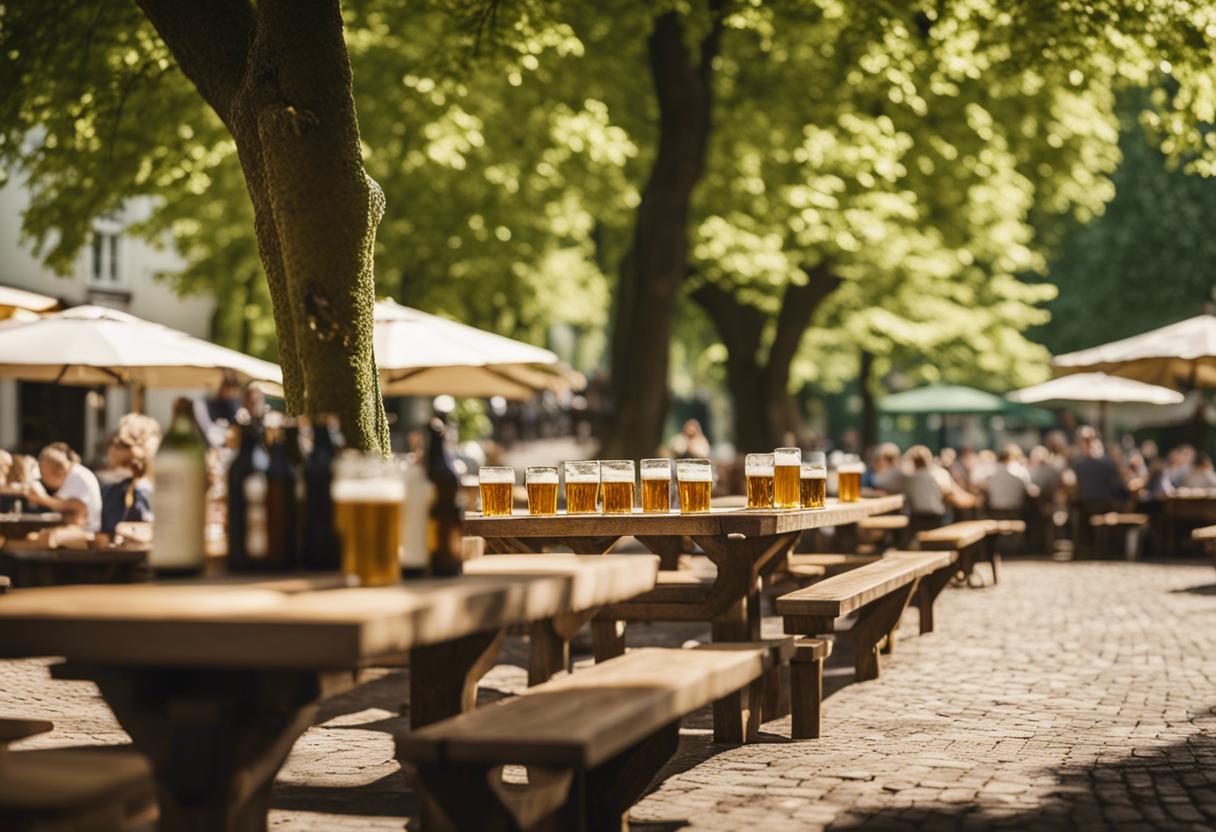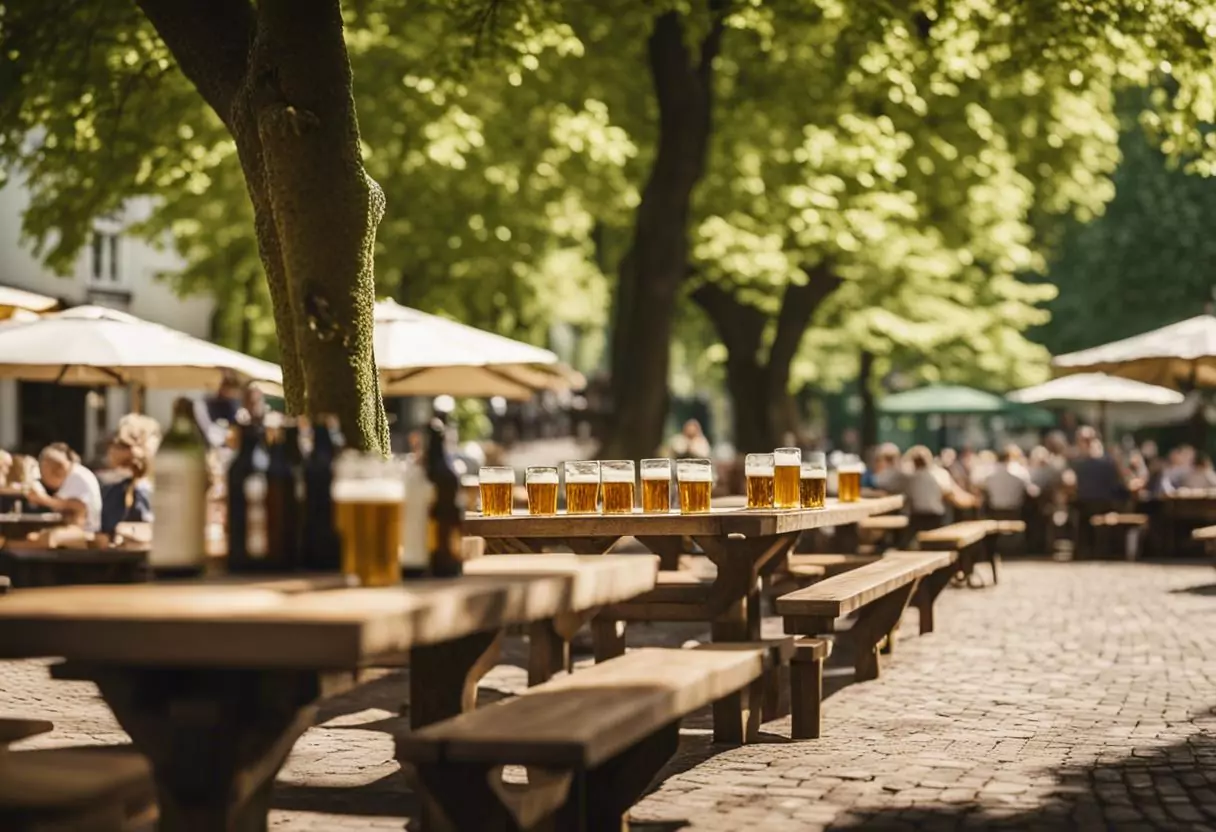

Munich, recognised globally for hosting Germany’s famous Oktoberfest beer festival, will inaugurate its first teetotal biergarten (beer garden), named “Die Null” (The Zero), on Thursday. This move reflects not only the evolving drinking patterns of revelers but also growing discontent over public excessive drinking. Located near the city’s central railway station, Die Null will exclusively offer its clientele non-alcoholic beverages such as juices, mocktails, soft drinks, water, and alcohol-free beers, with the intention to rehabilitate the area’s demeaned, alcohol-fueled reputation.
Munich’s city administration expressed its ambition for the area to be “upgraded” and “anchored in the centre of society” once again, following a steady decrease in beer consumption in the country. This effort is widely supported by operators of the city’s nearby hotels, cultural venues and restaurants, who will co-manage the beer garden. These stakeholders have often voiced their concerns over excessive drinking by tourists and locals, brought on by the city’s international reputation as a haven for beer enthusiasts.
Patrons of this outdoor venue will be permitted to bring their own food. Complementary live entertainment will also be provided, featuring performances by solo acts, choirs, and bands, in addition to DJ nights and youth parties.
One of Die Null’s supporters, bar owner Florian Schönhofer, opined that rather than advocating for permanent abstinence from alcohol, the initiative’s goal is to demonstrate that there are appealing alternatives. Over his 20 years of working in the industry, Schönhofer has observed an erosion of social norms around alcohol, with young professionals casually consuming beer during their post-work commute. He reported that the reception towards the impending launch of Die Null has been favourable thus far.
Despite his expectation of incurring losses, the individual quoted in the weekly Die Zeit has recognised the reduced likelihood of patrons consuming fruit juice in the same quantities as beer. The local authorities have undertaken the responsibility of improving the safety and attractiveness of Munich’s city parks and railway station by dispersing the noisy, alcohol-centric crowds. They are also taking measures to combat serious crime and illicit drug activities.
Anticipated to be inaugurated by Dieter Reiter, the city’s mayor, Die Null will commence operations until the 15th of September, just a few days prior to the kick-off of Oktoberfest. Some innovations in the recent past include a church congregation in Nuremberg attempting a one-day, non-alcoholic beer garden. Also, a pub in Großenohe, which had already eliminated gluten and lactose from its menu, recently decided to do away with alcohol as well.
In recent decades, Germany’s beer consumption per head has been reducing, currently averaging at 88 litres per annum. This leaves Germany lagging behind its neighbouring nations like the Czech Republic, Austria, and Poland. The alteration in consumption patterns poses a risk to the existence of traditional German breweries, some of which have redirected their focus to produce non-alcoholic beers. These alternatives have been well received due to their excellent flavour, lower calorific value and absence of subsequent hangovers.
Recently this year, Germany gained the distinction of being the first significant EU nation to legalise the personal recreational use of marijuana, as reported by The Guardian. The popular Oktoberfest, however, continues to witness mixed reactions behind the beer mugs and smiling faces.